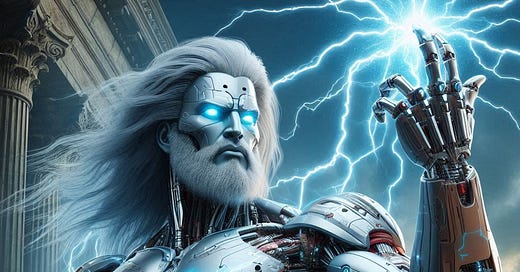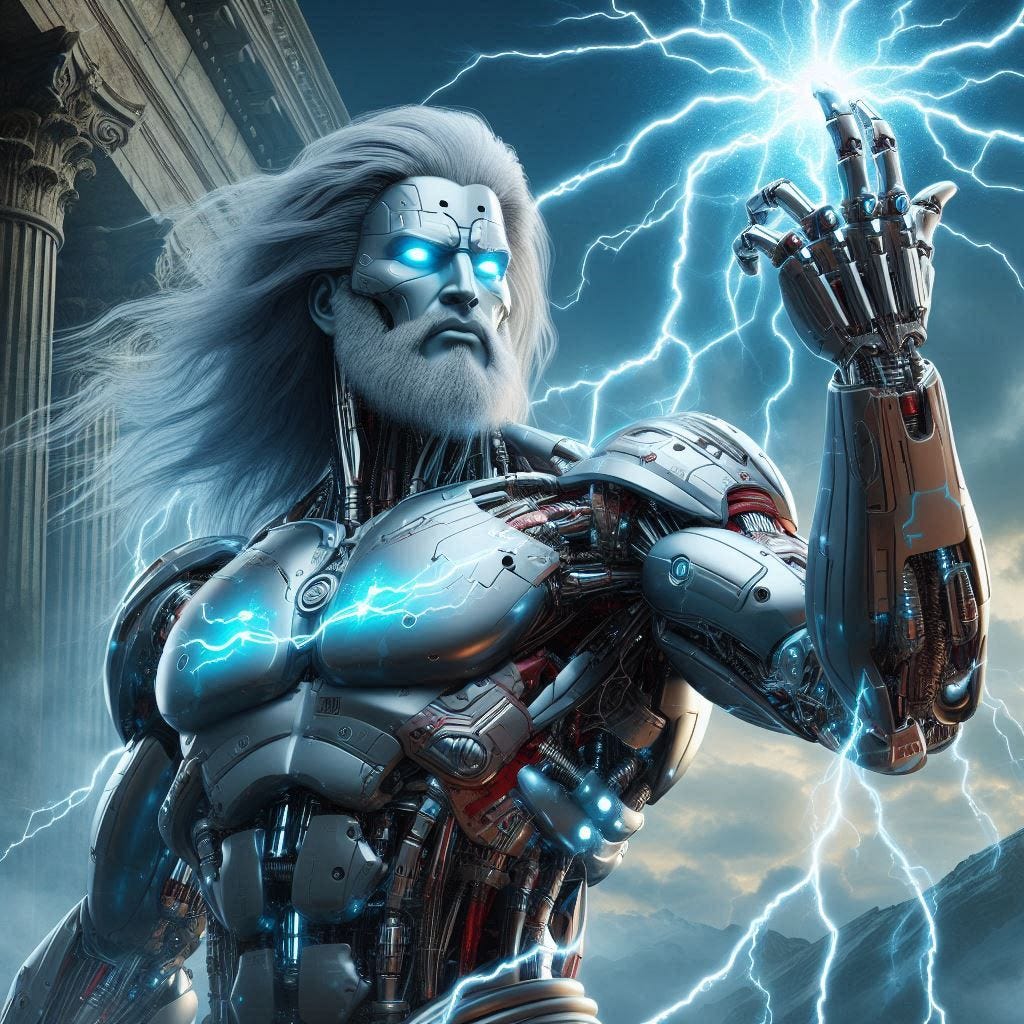We were watching the venerable apocalyptic movie ”2012” (5.8 stars on IMDB) when my sister and I started talking on a tangent about how about how the world’s zeitgeist about 15 years ago included the dreaded “Mayan prophecy” that the world will end in 2012. For a couple of years leading to the actual 2012, our civilisation was enriched by a small army of doomsday prophets, their books, interviews, talk shows on the topic - and a handful of movies.
Though there are some tongue-in-cheeks mutterings that the world feels like it ended in 2012 and we are currently living in some form of a post-apocalyptic dystopia, at least the Internet works well enough that I can write this text, and you can read it, so we’re at least surviving.
The 2012 apocalypse never happened, but the legacy of stories, films and memes remains. In a way, all of them are “false histories.”
People used to be more grounded. But the information they were exposed to was also more grounded - more directly testable.
I imagine in the distant past, if the village idiot told a story where a tree talked to him, he would be either called out for it and told to point to exact tree that had suddenly acquired language (and possibly got clobbered over the head if he couldn’t), or he would start a religion (where asking such questions got other people clobbered over the head). If the village chieftain announced the sky had turned deep purple, people would check that, not blindly believe him. If the village shaman announced that the next year farmers should do something unusual while farming, it would take a few years of cautious experimentation before his words would be taken for granted.
If a physicist tells me that the world is made of atoms… it’s a bit difficult for me to verify that directly. This is why it took so long for this particular idea to take hold. It’s also why pseudo-science exists. In the late 19th century, it was tough to believe Nikola Tesla when he pushed for AC electrical energy and wireless signal transmission, and at the same time disbelieve Peter Guthrie Tait and Balfour Stewart when they said spirits (ghosts) were an electrical phenomenon. Snake oil salesmen still abound, and VC spiritualists often embrace them.
The real world has transcended into the intangible in a very official way. Outside furniture, brick and mortar, and simple machines, most people have absolutely no idea how their world works. Well, neither did ancient farmers, but my point is that the sheer volume of information we’re exposed to now is overwhelming. For non-experts, it’s hard to decide e.g. if the distinguished scientist A’s opinion of COVID-19 is better then the distinguished scientist B’s opinion, especially if the two are pretty opposite. So, people do what they always do - form an endless variety of opinions.
Stories being told nowadays are enormously divorced from reality. While the ancient people could easily imagine a god with glowing eyes and the power to throw lightning bolts, those are things they can anchor in their surroundings - the sun, fire, and storms. Gods can shape-shift, but again into naturally occuring shapes / organisms. Everyone knew what a goat, a bull, or a swan looks like. Very conspicuously, Zeus was never imagined as a Terminator robot (they did make metal armour) or as a sentient mist - because those things are not found in nature.
Our contemporary mythology imagines interdimensional sentient stars, time traveling superheroes and ultimate monsters based on silicon chemistry with gene-manipulation abilities and acid for blood, despite that none of us has ever seen another dimension, an anachronistic artefact, or any kind of an otherworldly lifeform.
You could call it the “map is not the territory” problem, or “being in disconnect with the nature”, or “living in a fantasy”, but in any case, I think that more people today have incongruous, ungrounded beliefs than ever before. It’s very probable that, just because the ratio of facts to fiction in our daily lives, these people are actually the vast majority.
This probably makes any society fragile. And the generative AI revolution will just push us over the edge.
I’ll just mention how unreal the US presidential campaigns look like right now.
What to do? I want to contribute something. So far, I’m tinkering with the idea of a “Certified Human” certification for those cases where it really matters, and a way to securely and forever claim that a version of some content is the “one true” version. So far there’s been little interest in those, so maybe I’m not reaching the right audiences.




